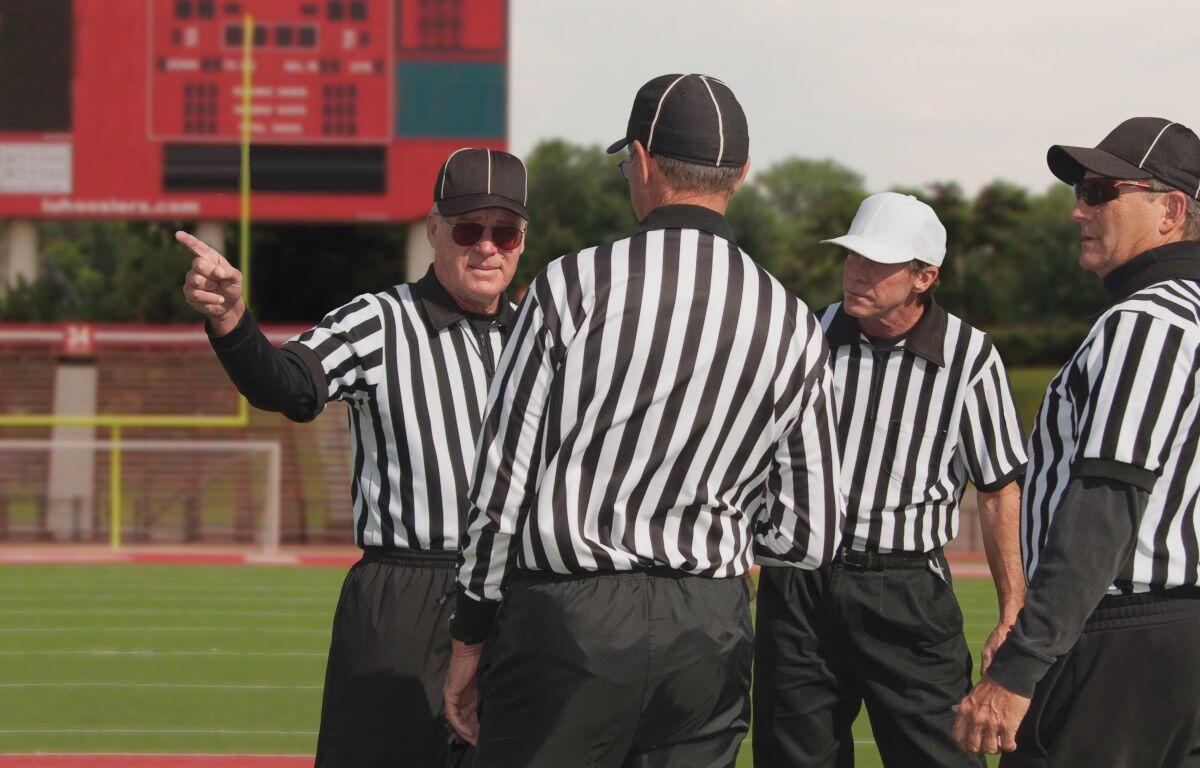
CHAMPAIGN, IL (Chambana Today) – As with any major sporting event, the post NBA Finals online banter brought out some conspiracy theorists. The 2025 NBA Finals sparked major controversy over officiating, with fans and analysts criticizing inconsistent foul calls and perceived bias in crucial moments. Despite the use of replay review and challenge systems, it has been argued that the current tools are either underused or applied inconsistently. Players, coaches, and, of course, fans have voiced frustration, calling for greater transparency and accountability.
I get it. There are millions of dollars involved. Franchise players on the court/field. Decades worth of fandom in the stands and billions of the sports betting community’s dollars on the line. As with any aspect of competition, we should strive for the best in our enforcement of the rules. But, as with any aspect of competition, there’s a human element involved and a lot more at stake than in previous eras. Even with advancements in technology and its implementation there are going to be inconsistencies.
For example, recent highly physical games, particularly involving Caitlin Clark, have reignited criticism over WNBA officiating. Coaches and players point to inconsistent foul calls, which they attribute partly to reliance on part-time refs and a lack of tools like the NBA’s Last Two Minute Reports or remote replay centers (reddit.com+9sfchronicle.com+9daytondailynews.com+9).
In the NFL, despite tech advances, officiating still draws heat. Controversial spotting calls—like one involving Josh Allen in the AFC Championship—underscore the limitations of human judgment. (apnews.com).
Don’t get me started on the MLB, the state of umpiring, and automated strike zone it seems we so dearly need.
The integration of technology and humans into the officiating realm is still a work in progress. And technology is not yet advanced enough that we can afford to eliminate humans from the role of officiating or to know if we even should rely on that tech exclusively.
Unfortunately, when it comes to sports officiating, we are seeing alarming attrition rates. Especially at lower levels of competition. Amateur sports at the youth and high school level are seeing a mass exodus: 50,000 fewer officials in high school sports from 2018 to 2022 (reddit.com+13axios.com+13sportpolicycenter.com+13). Inconsistent retention—70% dropout within three years—is widely reported sii.indianapolis.iu.edu.
It’s easy to see why. Surveys find 70%-75% of officials quit due to verbal or even physical abuse by fans, parents, coaches, and players. (thesportjournal.org+3sportpolicycenter.com+3wifr.com+3)
All this leading to an aging workforce with a limited pool of next generation officials waiting in the wings. The average high school official is now in their 40s–50s, with few replacements lined up. States report younger officials are not stepping in to replace retirees (wifr.com)
Whether we like it or not, technology will have to play a more relevant role in all stages of officiating. But until then, as we must acknowledge and consider the human element. Keyword being human. As frustrating as bad officiating can be, it can’t override our ability to see the bigger picture and recognize that there are flaws in being a human. We know this because we all share them. Please know, I’m as guilty as the next guy.
They are probably one of the reasons you haven’t volunteered or started training to become an official. Remember that when you’re wanting to spout off. Take a time out and act…human.


